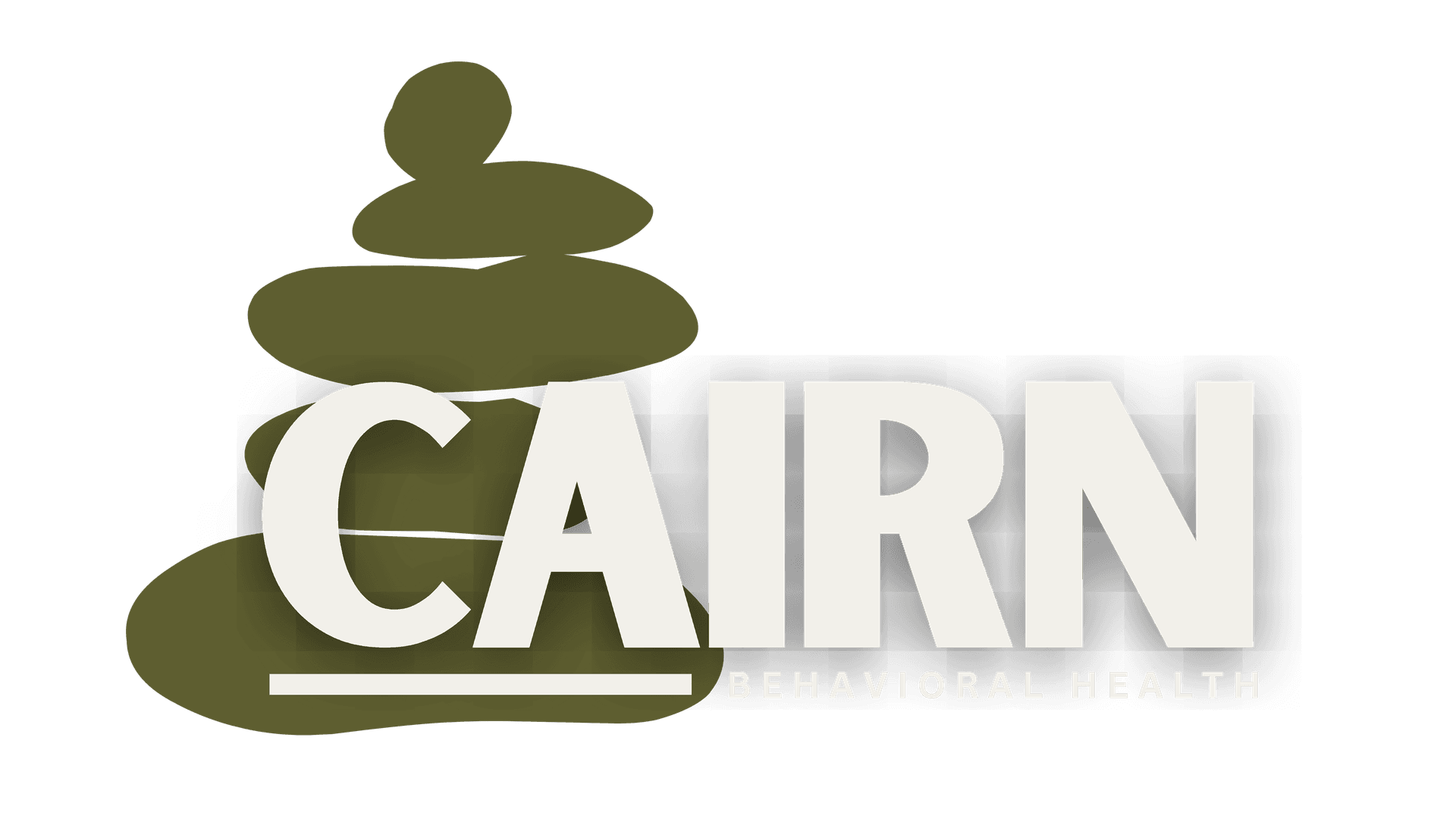Empowering Teens with Autism: Community-Based Interventions
Understanding Autism and Its Impact on Teens
Autism Spectrum Disorder (ASD) is a complex developmental condition that affects communication, behavior, and social interactions. For teenagers with autism, navigating everyday social situations and academic challenges can be particularly daunting. However, with the right support and interventions, these teens can thrive and lead fulfilling lives. Community-based interventions have emerged as essential tools in empowering teens with autism, providing them with the resources they need to succeed.

The Role of Community in Empowerment
Community-based interventions play a pivotal role in creating an inclusive environment that fosters growth and development for teens with autism. These interventions often involve collaboration between schools, families, healthcare providers, and local organizations. By working together, communities can create a network of support that helps teens build essential life skills, improve social interactions, and enhance their overall quality of life.
One of the key benefits of community-based interventions is the focus on individualized support. Each teenager with autism has unique needs and strengths, and personalized approaches are crucial for effective empowerment. Programs often include tailored educational plans, social skills training, and recreational activities designed to promote engagement and learning.

Social Skills Training and Peer Support
Developing social skills is a critical aspect of empowering teens with autism. Community-based programs often offer social skills training sessions that teach teens how to interpret social cues, manage conversations, and build meaningful relationships. These sessions are typically conducted in small groups, allowing participants to practice in a safe and supportive environment.

Peer support is another valuable component of community-based interventions. By connecting teens with autism to peer mentors or buddy programs, they can learn from others who understand their experiences. This not only helps build confidence but also fosters a sense of belonging and acceptance within the community.
Educational Support and Career Preparation
Education is a crucial part of any teenager's life, and for teens with autism, specialized educational support can make a significant difference. Community-based interventions often collaborate with schools to provide resources such as individualized education plans (IEPs), classroom accommodations, and tutoring services. These resources ensure that teens receive the educational support they need to succeed academically.
In addition to academic support, career preparation programs are essential for helping teens transition into adulthood. Community initiatives may offer vocational training, internships, and job pla

The Importance of Recreational Activities
Recreational activities are an often-overlooked aspect of community-based interventions that can have a profound impact on the well-being of teens with autism. Participation in sports, arts, music, or other hobbies not only provides an outlet for self-expression but also promotes physical health and social interaction.
Community centers, clubs, and non-profit organizations frequently offer inclusive recreational programs specifically designed for individuals with autism. These activities encourage teens to explore their interests, develop new skills, and connect with peers who share similar passions.
Building a Supportive Network
A critical element of successful community-based interventions is the establishment of a strong support network. This includes parents, siblings, educators, therapists, and other caregivers who work together to create a nurturing environment for teens with autism. By fostering open communication and collaboration among all stakeholders, communities can ensure that teens receive consistent support across different aspects of their lives.
This collaborative approach not only benefits teens but also empowers families by providing them with access to resources, guidance, and advocacy opportunities. Together, they can navigate challenges and celebrate achievements as a cohesive unit.

Conclusion: A Brighter Future for Teens with Autism
Empowering teens with autism through community-based interventions is crucial in helping them lead fulfilling lives. By focusing on individualized support, social skills training, educational resources, career preparation, recreational activities, and building a supportive network, communities can create an environment where these teens thrive.
As awareness and understanding of autism continue to grow, it is essential for communities to remain proactive in developing and implementing effective interventions. Together, we can ensure that every teen with autism has the opportunity to reach their full potential and contribute meaningfully to society.
